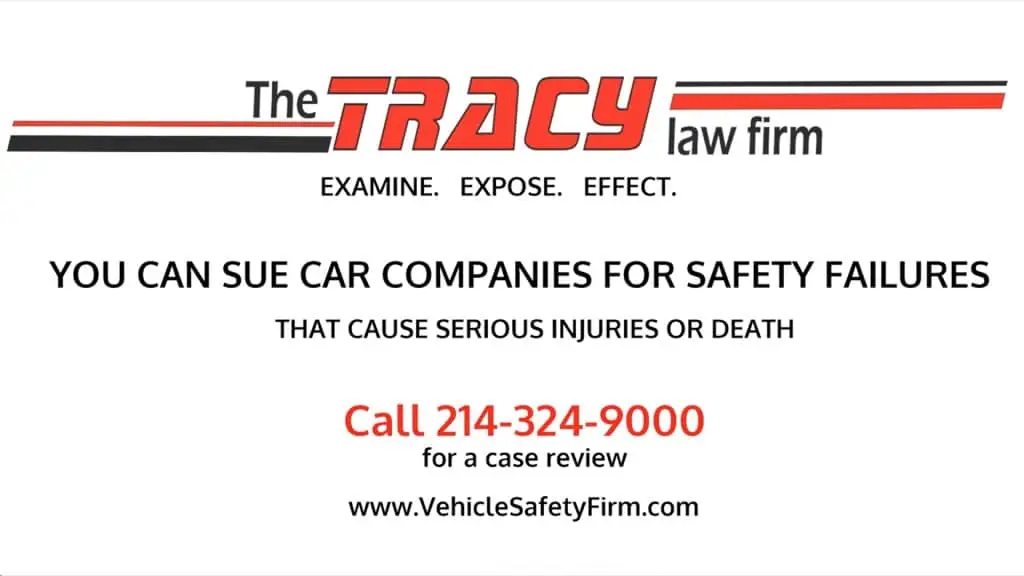For years, consumers have been reporting incidents of vehicles that suddenly accelerate out of control. These complaints were universally dismissed by the vehicle industry and the NHTSA as driver error because no mechanical failure could be found.
However, to date, the root of the problem has never really been understood or even explored. I believe the defect is latent and hidden and quite simply involves software coding issues and processor heat buildup. It has been suggested that the software programming in automotive systems is a mess of basic, over-coded “if” “then” statements. This results in hugely burdensome and inefficient line code programming that contains millions of lines. Quite simply, if you try to choke that much code through a processor, it will heat up or freeze up and cause failures. Anyone who has ever owned a PC knows how computer glitches just happen sometimes.

The latent, hidden runaway vehicle defect involves computer software code that is poorly written and antiquated, fed through chips that quite simply can’t handle it. Technically, the term is called large scale integration or LSI. Most modern vehicles have these circuits and they are fraught with problems. Some of the more common problems are thermal runaway caused when an ambient temperature has reached a higher level than it is capable of handling or degradation due to operation speed maximums on the processor itself.
The vehicle industry has steadfastly refused access to its computer code citing mainly proprietary reasons. Until unlimited access is granted to the software code so that it can be better understood, independently tested and analyzed, vehicles will continue to runaway out of control. The NHTSA needs to step up and govern before this epidemic kills or injures thousands and exposes millions of people to catastrophic harm. Vehicle computer code is a disease that needs to be cured.
For more than two decades, The Tracy Firm has been helping to assert the rights of individuals injured in vehicle accidents due to manufacturing design defect, safety system failures, vehicle aggressiveness, sudden unintended acceleration and vehicle crash worthiness throughout the United States.
Contact us online, or, call us today at 214-324-9000 if you or your loved ones are seriously injured in an accident, and, find out if you have a Vehicle crashworthiness case.
Monday 4th March, 2013 | Source: Vehicle Safety Attorney E. Todd Tracy


